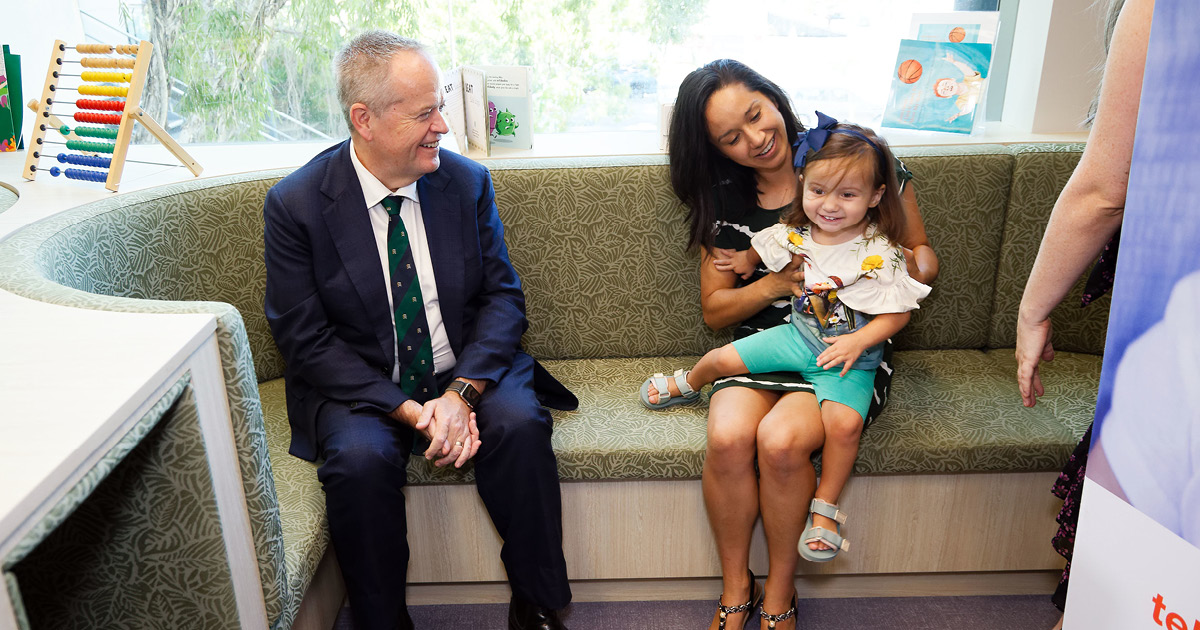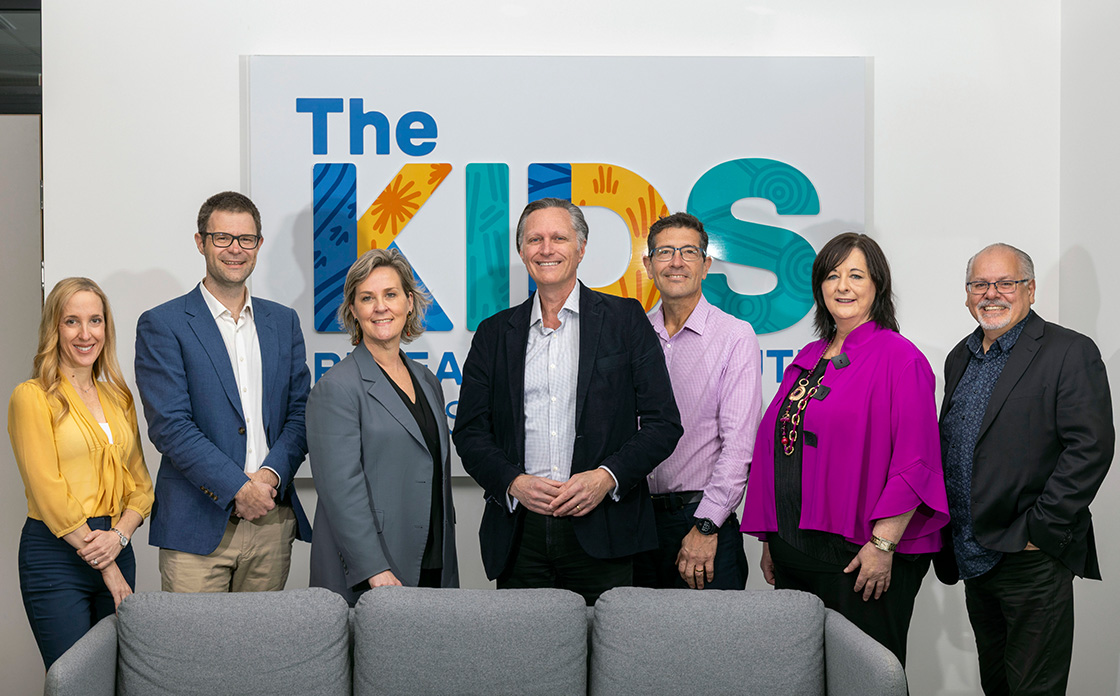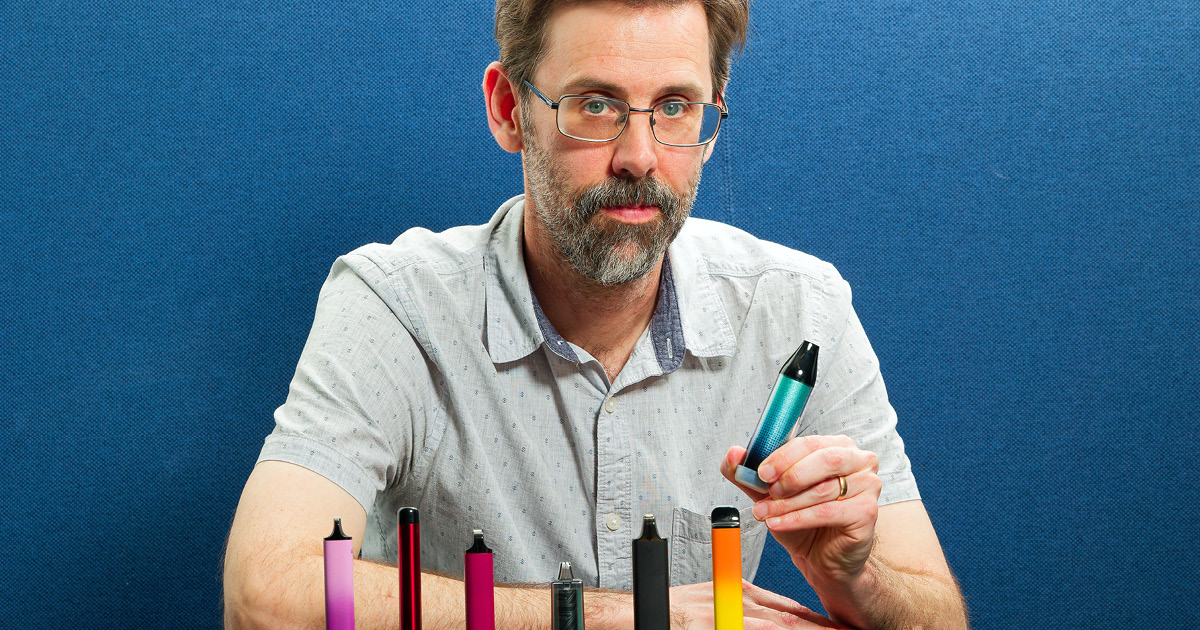Search
Research
Absence of association between maternal adverse events and long-term gut microbiome outcomes in the Australian autism biobankMaternal immune activation and prenatal maternal stress are well-studied risk factors for psychiatric conditions such as autism and schizophrenia. Animal studies have proposed the gut microbiome as a mechanism underlying this association and have found that risk factor-related gut microbiome alterations persist in the adult offspring.
Research
‘It depends entirely on the nature of those supports’: Community perceptions of the appropriateness of early support services for autistic childrenWe do not know much about what support services people think are okay for young autistic children. This study was a survey of 253 people. We asked autistic adults, parents, and professionals from Australia and New Zealand whether they thought it was okay to provide support services to autistic children.

A world-first program for babies with differences in their social and communication skills is aiming to help parents and caregivers better understand the different ways their child communicates.

Find out more about the Board, the Institute Leadership Team, the Management Team and Emerging Leaders at The Kids Research Institute Australia.
Research
Critical Appraisal of Systematic Reviews Assessing Gut Microbiota and Effect of Probiotic Supplementation in Children with ASD—An Umbrella ReviewGiven the significance of gut microbiota in autism spectrum disorder (ASD), we aimed to assess the quality of systematic reviews (SRs) of studies assessing gut microbiota and effects of probiotic supplementation in children with ASD. PubMed, EMBASE, PsycINFO, Medline, and Cochrane databases were searched from inception to November 2024.
Research
Accuracy of a 2-minute eye-tracking assessment to differentiate young children with and without autismEye-tracking could expedite autism identification/diagnosis through standardisation and objectivity. We tested whether Gazefinder autism assessment, with Classification Algorithm derived from gaze fixation durations, would have good accuracy (area under the curve [AUC] ≥ 0.80) to differentiate 2-4-year-old autistic from non-autistic children.
Research
Wellbeing studyBurns are a common cause of emergency presentations, and most burn injuries happen to children and adolescents.

Visit the Discovery Centre and play our interactive games to learn about science and health research.

Our volunteers play one of the most important roles in our Discovery Centre – they help kids play and understand the games.

Formative research undertaken by The Kids Research Institute Australia has helped inform tough new laws introduced by the Federal Government to reduce the harm caused by vapes.
